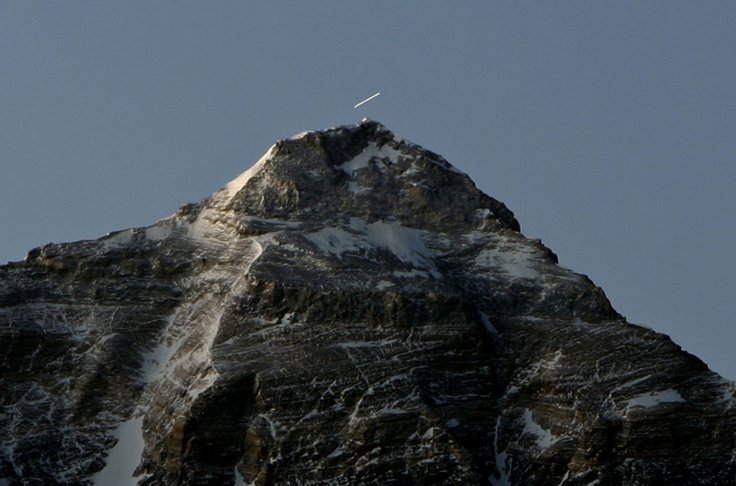The Nepal government's decision to temporarily stop issuing on-arrival tourist visas and cancelling all spring mountaineering expeditions, including Everest ascents, was expected to result in job losses of around 20,000 tour, trekking and mountain guides, a media report said on Saturday.
The decision was taken on Thursday as a precautionary step to combat the spread of the novel coronavirus in the Himalayan nation which has so far reported only one confirmed case.
The Kathmandu Post report on Saturday said there were 16,248 trekking and mountaineering guides and 4,126 tour guides in the country, citing statistics from the Tourism Ministry.
A Ministry survey conducted in 2014 showed that one employment is generated from every six tourists.
"We have estimated that around 1 million people in the mountain belt who make their living through the spendings of foreign trekkers and mountaineers will suffer," The Kathmandu Post quoted Nabin Trital, senior vice president of the Trekking Agencies Association of Nepal, as saying.

The hardest hit economy
The hardest-hit sector will be Everest, where an entire economy, consisting of climbing guides, porters, hotels and lodges, subsists on spring mountaineering.
The federal government too makes millions every year in climbing permits. Foreigners pay $11,000 to obtain a permit and spend anywhere between $40,000 and $90,000 to summit the highest peak in the world.
The Department of Tourism collects around $4 million annually in royalties from Everest climbing permits.
"There were confirmed bookings of at least 350 people to summit Everest this spring. But that's gone now," Santa Bir Lama, president of the Nepal Mountaineering Association, told The Kathmandu Post.
A group of five climbers hires at least 30 sherpas and a mountaineering guide could earn $100 per day, excluding tips.
"With Thursday's decision, around 10,000 people-ranging from porters, high altitude guides, kitchen staff, and other workers are all going to go jobless," said Lama.
Prior to Thursday's announcement, the ongoing COVID-19 pandemic had already led to cancellations in hotel and travel bookings in Nepal since February.
"There has been a flurry of booking cancellations since mid-February, but Thursday's decision has shaken the economy," Bhai Krishna Khadka, senior vice-president of the Tourist Guides Association of Nepal, told The Kathmandu Post.
On Friday, a day after the government's decision, Nepal Airlines decided to cut its flights in half, putting additional pressure on the aviation sector, which was already reeling from a lack of passengers.
The flag carrier said it was forced to cut one of its two daily flights to Delhi and suspended its Mumbai flights for a month, effective from Sunday.
It also cut flights to Bangkok and Hong Kong and cancelled all flights to Doha for an indefinite period.








